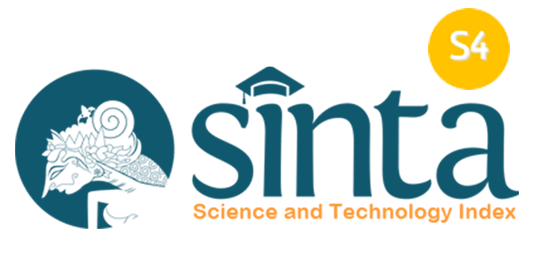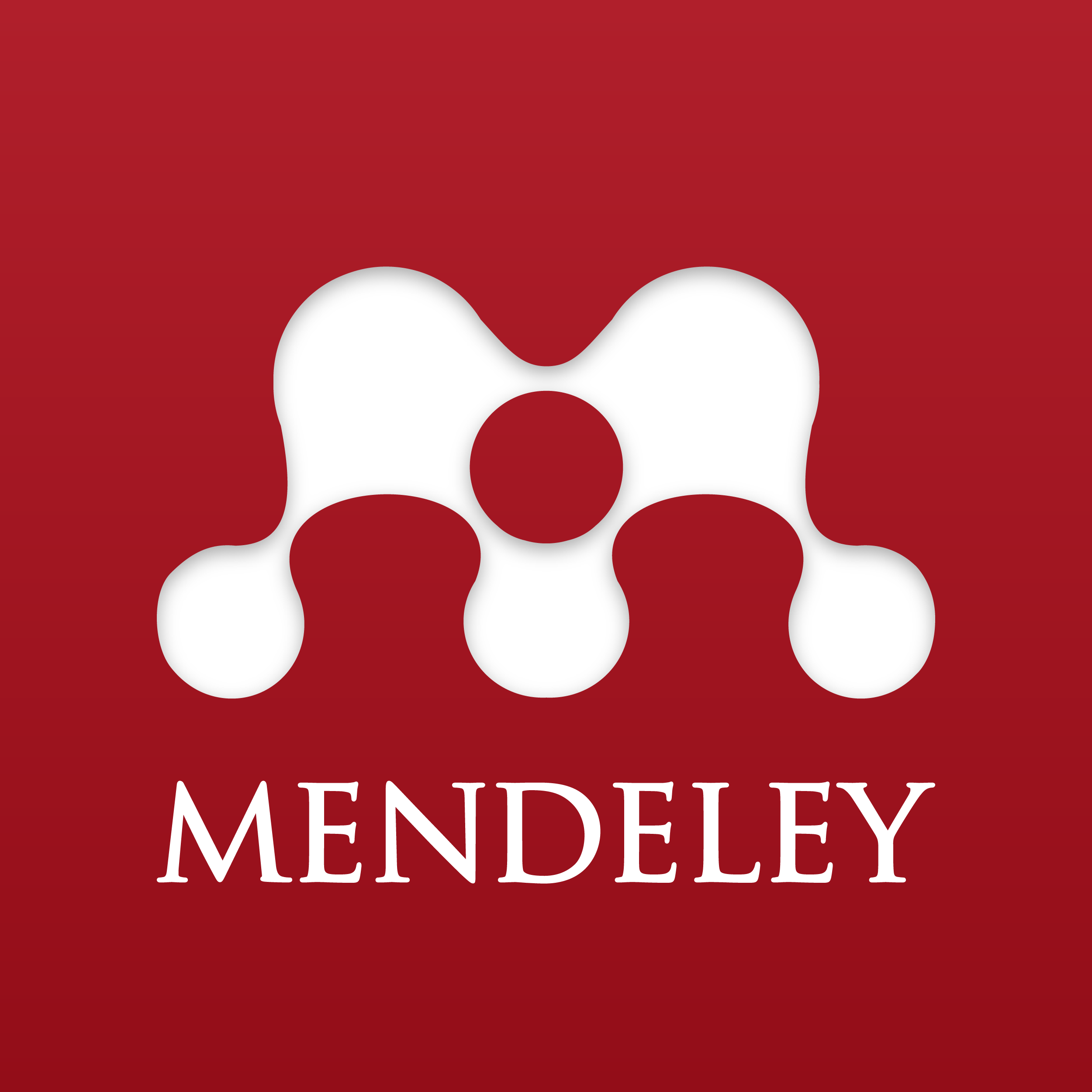Optimalisasi Tatakelola dan Pelayanan di Laboratorium Sebagai Penunjang Tridharma Perguruan Tinggi
Abstract
The laboratory is an academic support for educational institutions that are systematically managed for testing, calibration, and / or production activities on a limited scale in the context of implementing education, research, and community service. In order to function optimally a laboratory needs to be evaluated periodically. This research was conducted in the context of evaluating service to users in six aspects, namely: 1. Tangibles aspects (Laboratory Facilities, Equipment Completeness),2. Reliability aspects (reliability of teaching staff, Academic staff),3. Responsiveness Aspects (Responsiveness / K3 availability in the laboratory)4. Empathy Aspects (Understanding of the interests of visitors) and 5. Aspects of Assurance (treatment of users) and 6. Aspects of Innovation in governance and services. The method used is a mixture of quantitative and qualitative methods using questionnaire instruments, interviews, and document studies. The results showed that the Tangibles Aspect, Reliability, Responsiveness, Empathy and Assurance as well as the Innovation Aspect were in a fairly good condition.
Keywords
References
Bloom, H. J., & Richardson, W. W. (1957). Histological Grading and Prognosis in Breast Cancer, A Study of 1409 Cases of which 359 have been Followed for 15 Years. Br J Cancer .
Djaali, & Mulyono, P. (2008). Pengukuran Dalam Bidang Pendidikan. Jakarta: Gasind.
Dyke, T. P., A. Kappelman, L., & R, V. (1997). Measuring Information Systems Service Quality: Concerns on the Use of the SERVQUAL Questionnaire. JSTOR .
Menpan. (1993). Menpan No.81 tahun 1993 tentang Pedoman tatalaksana pelayanan umum. Jakarta.
Nashihuddin, W. (2012). Servqual; Metode Tepat Meningkatkan Kualitas Layanan Perpustakaan.
Negara, M. (1999). Peraturan Pemerintah Republik Indonesia nomor 60 tahun 1999 Tentang pendidikan Tinggi. Jakarta.
Oriondo, L. L. (1998). Evaluating Educational. Manila: Rex Book Store.
Oriondo, L. L. (1998). Evaluating Educational Outcomes (Test, Measurment, and Evaluation).
Parasuraman, A., & Grewal, D. (2000). The Impact of Technology on the Quality-Value-Loyalty Chain: A Research Agenda. Journal of the academy of marketing science .
Parasuraman, A., Zeithaml, V. A., & Berry, L. (1988). Servqual: A Multiple-Item Scale For Measuring Consumer Perc. Greenwich .
Petri, H. L. (1986). Motivation : Theory and Research. Belmont, California: Wadsworth Publishing Company.
Punch, M. (2009). Police corruption: Deviance, accountability and reform in policing. . Routledge.
RB, M. (2010). Peraturan Menteri Negara Pendayagunaan Aparaturnegara Dan Reformasi Birokrasi Nomor 03 Tahun 201 0 Tentang Jabatan Fungsional Pranata Laboratorium Pendldlkan Dan Angka Kreditnya.
Remmer, H. a. ( 1967). A Practical Introduction to Measurement and Evaluation. Apleton-Century Crafts, Inc.
RI, P. P. (1999). Peraturan Pemerintah Republik Indonesia nomor 60 tahun 1999.
Sukardi. (2008). Evaluasi Pendidikan. Jakarta: Bumi Aksara.
DOI: 10.15548/nsc.v5i2.1091
Refbacks
- There are currently no refbacks.
Copyright (c) 2019 NATURAL SCIENCE: Jurnal Penelitian Bidang IPA dan Pendidikan IPA

This work is licensed under a Creative Commons Attribution-NonCommercial-ShareAlike 4.0 International License.












